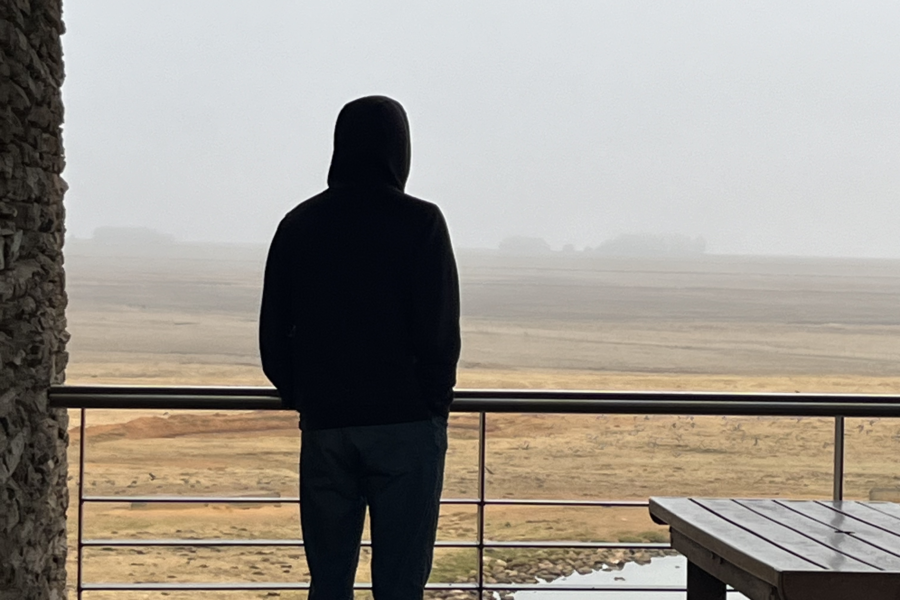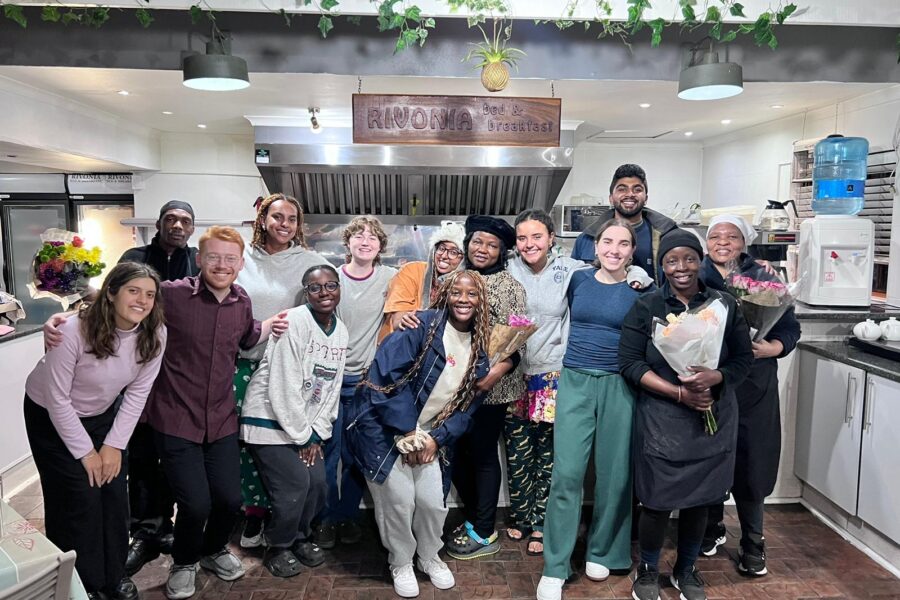You’re grounded.
One of the most deadly phrases I heard as a child. In two words, my day could be completely ruined. All the excitement around meeting friends, playing outside, and watching TV, gone in a poof. Not being able to watch the next episode of Phineas and Ferb was, to say the least, soul-shattering.
To be fair, when I got grounded, it was for a good reason. Like the time I spilled a bowl of hot, creamy, bright red, oily chicken tikka masala all over my uncle’s white cotton couch. Or the time I left my father’s phone on the ledge of our car, right before we drove it on the freeway. (Somehow, the phone was still on the ledge when we pulled over. I don’t even want to know what would have happened if it wasn’t.)
After a solid week of grounding, it would take a long time for me to get over my punishment. Who was going to give me back seven days that could have been filled with pure joy and bliss? I wanted justice. To my eight-year old brain, that probably meant unlimited Netflix for a week and a sleepover with my cousins.
This was my mindset at eight years old.

Today, thirteen years later, I was reminded of being grounded when I visited the Apartheid Museum for the second time. This time, I was with my parents. We actually got in for free after I told the receptionist I was a student. As soon as we entered, I made a beeline for the Nelson Mandela Exhibit to pick up where I left off on my first visit. I started to show my parents the order in which to read the panels. (This is my one complaint about the exhibit – following the panels in chronological order is extremely confusing.)
But soon enough, I was once again lost in Mandela’s story. While reading about his time as a prisoner, I thought back to how I would get grounded and chuckled. One week vs. 27 years. Seven days vs. 10,000 days. Stuck inside a home with a loving family vs. stuck inside a cell, stripped of a loving family.
The fact that Mandela didn’t give up on his dream of a free South Africa despite spending almost three decades as a prisoner is unequivocally remarkable. But what I think is even more exemplary than his perseverance is his forgiveness.
It’s critical to always remember that Mandela wasn’t imprisoned for good reason. He was peacefully protesting against a system of systematic oppression, and that landed him in jail from ages 45 to 71. Imagine someone you know who’s between those ages. Maybe your parents, or your uncles and aunts, or a mentor. You’ve probably seen them experience life between these ages. What would they have missed out on? What would you have missed out on if they were gone?
What I’m trying to say is that Mandela had every right to be boiling with fury when he was released in 1990. But instead, he delivers this epic quote.
“As I walked out the door toward the gate that would lead to my freedom, I knew if I didn’t leave my bitterness and hatred behind, I’d still be in prison.”
His forgiveness didn’t end there. As President, he started the Truth and Reconciliation Commission where the people of South Africa could share their experiences from apartheid. Not only were victims welcomed to speak, but perpetrators of violence were also invited to give testimonies and request amnesty from prosecution.
To me, this is the epitome of restorative justice, as opposed to retributive justice. By organizing the TRC in this way, Mandela showed that all humans — even the supporters and leaders of apartheid — could be forgiven.
There’s so much more to say about Mandela and related figures like Desmond Tutu, when it comes to forgiveness. But I’d like to wrap this up by encouraging us to reflect on our own lives, as a reminder to myself, first and foremost, and to you.
It’s hard to forgive. And sometimes, people make it harder. You might know someone who thinks that forgiveness is weakness, and they’ve imprinted this idea onto you. “If I forgive him, I’ll be losing all my self respect!” or “She doesn’t deserve my forgiveness!”
But like Mandela said above, holding grudges is like being in shackles. Because even though you may be right about the situation, the only person who is being hurt when you don’t forgive is you. It’s paradoxical, but it’s true. All that boiling anger and resentment occupies only your mind, not somebody else’s.
Think about someone in your life who you’ve had a disagreement with. Someone who you need to rebuild bridges with. Someone who you need to forgive, or even someone who may need to forgive you. Pick up the phone and give them a call. Send them a text. If you haven’t forgiven them, show them your love and grace. If you’ve done them wrong, make it easy for them to forgive you.
I promise you that no matter the outcome, you will feel a sense of serenity in your heart when you take that first step.








